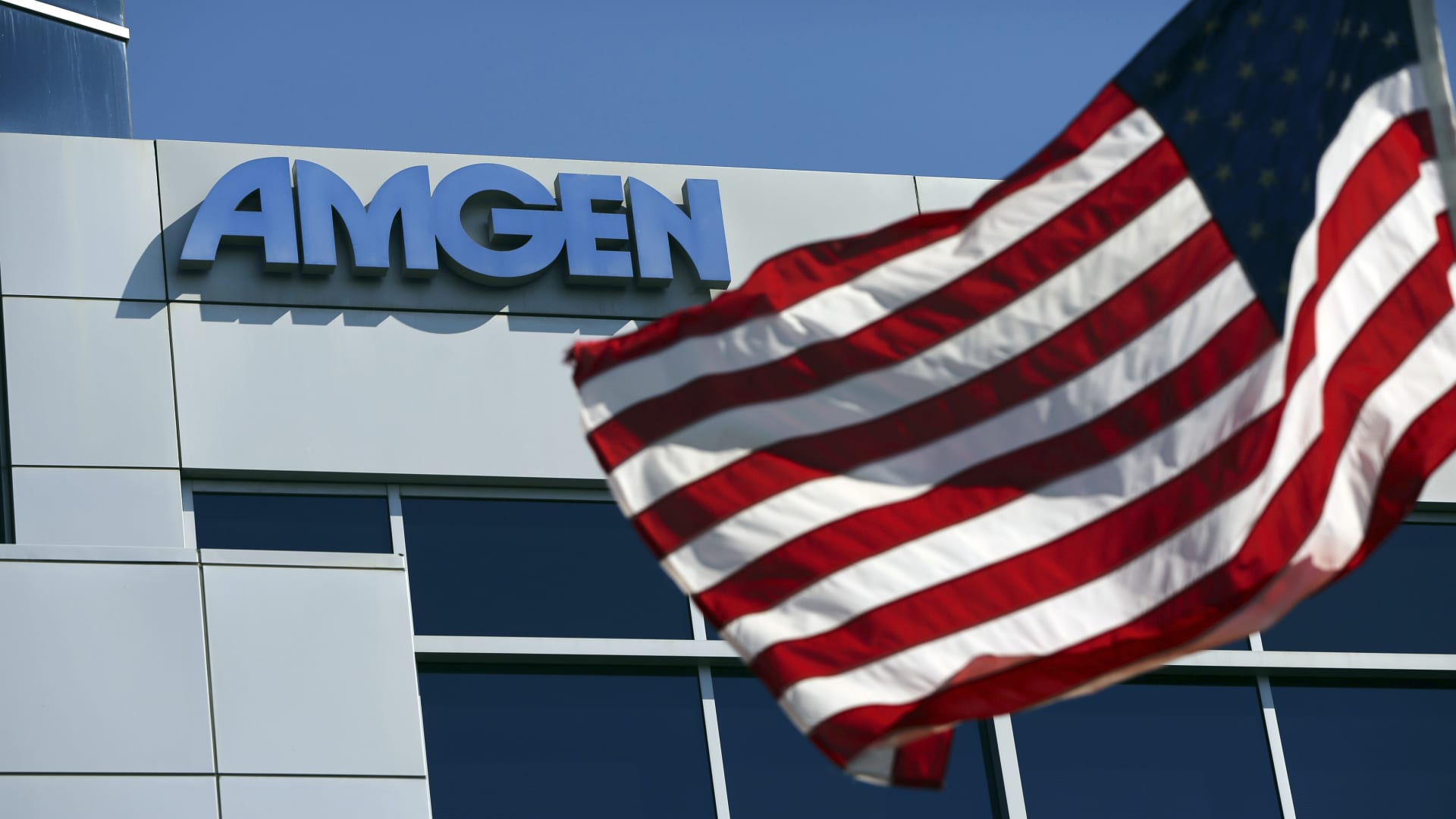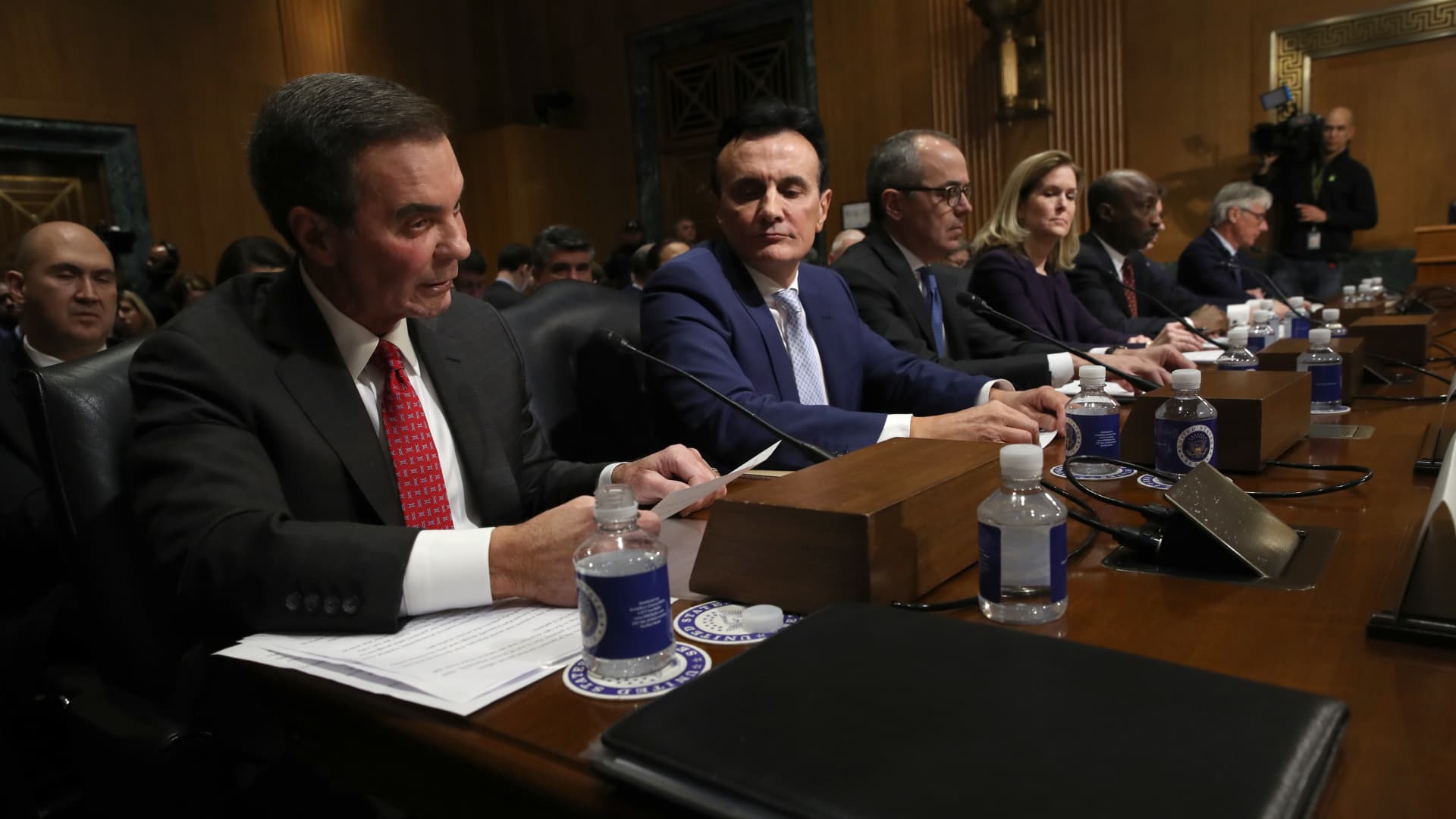Horizon Therapeutics says Amgen deal could close earlier than planned if FTC fails to block it
The new timeline is earlier than what Amgen, Horizon Therapeutics and Wall Street analysts were initially expecting after the FTC sued to block the deal.

Robert Galbraith | Reuters
Horizon Therapeutics expects its $27.8 billion sale to Amgen to close as early as the end of the third quarter, earlier than previously planned — if the Federal Trade Commission's attempt to block the deal fails — according to a document filed Thursday with the Securities and Exchange Commission.
The FTC on Tuesday filed a lawsuit in Illinois federal court seeking to halt the acquisition, arguing it would "stifle competition" in the pharmaceutical industry.
Horizon, which is based in Ireland, said in the new SEC filing that the deal could close by "end of Q3 or early in Q4 of 2023" if a federal court denies the FTC's request by Sept. 15. The companies agreed not to close the acquisition until that date or the second business day after the court rules on the lawsuit.
Horizon's estimate is earlier than when the companies and Wall Street analysts were initially expecting the deal to close after the FTC sued. The parties previously said it could close around mid-December.
Horizon's share price was about 1% higher in early morning trading Thursday. California-based Amgen's stock price dipped about 1% lower.
If completed, the deal would give Amgen access to Horizon's blockbuster thyroid eye disease drug, Tepezza, and its gout medicine, Krystexxa.
Those treatments could help Amgen offset possible revenue declines driven by several patent expirations for key treatments over the next decade.
They're also at the center of the FTC's lawsuit seeking to block the deal. The agency said the deal would allow Amgen to "entrench the monopoly positions" of those two fast-growing drugs from Horizon.
Amgen would be able to offer rebates on its existing medicines to pressure insurers and pharmacy benefit managers into favoring the two Horizon products, a strategy known as "cross-market bundling."
On Tuesday, Amgen said in a statement it has "overwhelmingly demonstrated" that the merger poses no competitive issues.
Horizon, in a separate statement, said it "does not and has no plans" to engage in cross-market bundling.

 ValVades
ValVades 
































